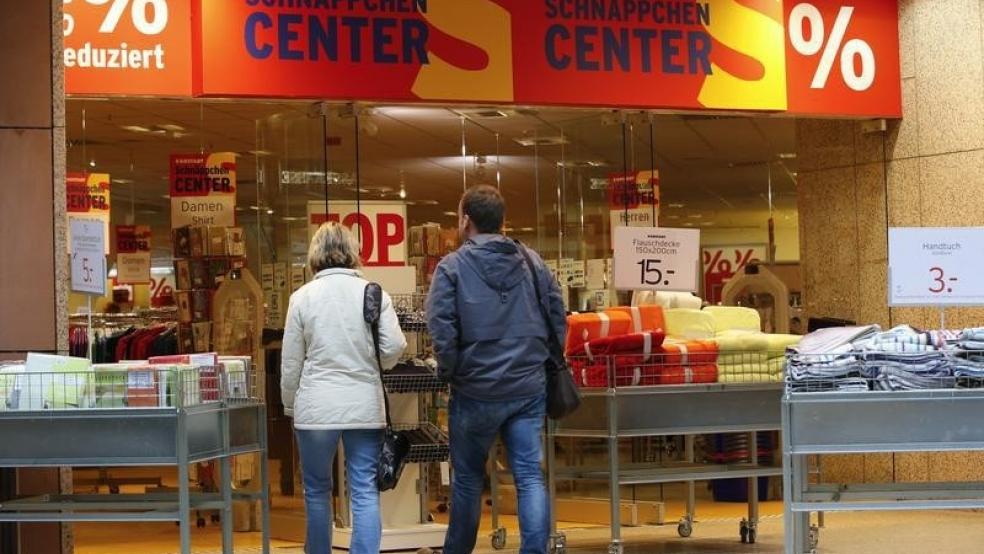The consumer sentiment indicator, published by the Nuremberg-based GfK institute and based on a survey of around 2,000 Germans, fell to 9.8 going into April. Economists polled by Reuters had on average expected the headline figure to remain unchanged at 10.0.
GfK said people's economic expectations and propensity to buy picked up, while the third component of the index - personal income expectations - fell for the second month in a row."A rise in inflation in Germany and the resultant intensified concerns over income buying power have obviously hindered full recovery of consumer sentiment," GfK researcher Rolf Buerkl said in a statement.Germany's inflation rate rose to 2.2 percent in February from 1.9 percent a month earlier, driven mainly by rising energy and food costs.Citing a 10 percent fall in the price of crude in the first half of March, GfK said it expected inflation to fall below 2 percent in the coming months.It expects rising shale oil production in the United States to add to downward pressure on crude prices. "Experience shows that Germans react sensitively to changes in certain signal prices, such as petrol, diesel or heating oil," Buerkl said. "In particular, they see the purchasing power of their income impaired by rising energy prices."Despite the slight fall in sentiment, the survey showed that the people remained ready to spend.The propensity to buy rose, making up for most of the losses in previous months, largely thanks to the robust labor market."The stable employment market trend is obviously of greater importance, since it reduces the fear of job losses, thusproviding for a higher level of planning security, especially when it comes to larger purchases," Buerkl said.The index measuring economic expectations also rose after falling in February on fears that protectionist policies pursued by U.S. President Donald Trump could hurt the economy."Uncertainty amongst many consumers with regards to the policies of the new U.S. president has given way to a greater level of economic optimism again," Buerkl added. (Reporting by Joseph Nasr; Editing by Hugh Lawson)German consumer sentiment unexpectedly falls heading into April - GfK

© Fabrizio Bensch / Reuters



